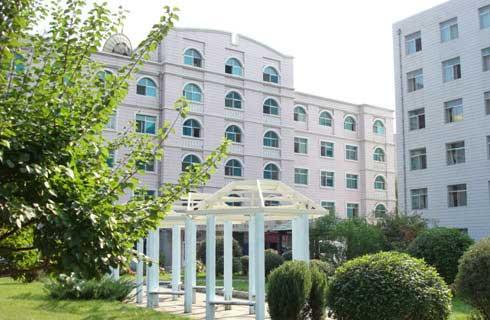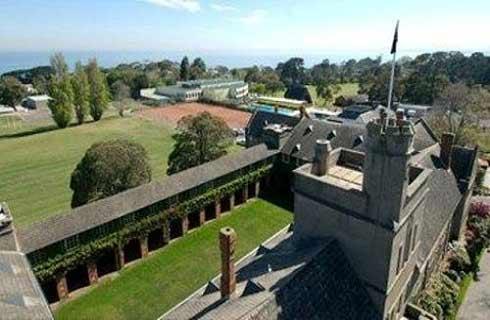
学历文凭
Masters Degree (Taught)

专业院系
医学研究

开学时间

课程时长

课程学费

国际学生入学条件
2:1 Honours degree or equivalent in a related subject area. Professional experience and 2:2 Honours degree with strong subject specific expertise may also be considered.
IDP—雅思考试联合主办方

雅思考试总分
6.5
了解更多
- 雅思总分:6.5
- 托福网考总分:79
- 托福笔试总分:160
- 其他语言考试:PTE (Academic) - 59 with minimum 59 in all subtests
课程简介
相关申请

预科

奖学金

实习机会

在校学习

跨境学习

校园授课-线上开始

在线/远程学习
学校排名
世界排名
93
数据源:泰晤士高等教育世界大学排名
关于格拉斯哥大学

格拉斯哥大学自1451年建校以来,始终致力于培养学生。该大学稳居全球百强大学之列,在2026年QS世界大学排名中位列第79位,在2025年泰晤士高等教育世界大学排名中位列第87位。2024年,格拉斯哥大学被《泰晤士报》和《星期日泰晤士报》优秀大学指南评为苏格兰年度大学。格拉斯哥大学是一所真正的国际化大学,拥有来自140多个国家的约43000名学生,并拥有超过9000名教职员工。它是英国顶尖研究型大学罗素集团的成员,也是Universitas 21(一个由全球研究型大学组成的网络)的创始成员。本科生可选择约100个单项荣誉学位和600多个联合荣誉学位组合。此外,大学还提供300多个授课型研究生课程和丰富的博士学位攻读机会。格拉斯哥大学毕业生就业能力位列英国前20名(QS毕业生就业能力排名,2022年),这意味着学生可以确信,他们的学位将为他们毕业后的生活做好准备。大学每年通过实习中心提供数百个实习机会,其强大的学生支持服务为学业、生活和财务方面提供帮助。格拉斯哥是英国第三大城市,被誉为全球友好且文化氛围浓厚的学生城市之一。格拉斯哥被誉为苏格兰的文化之都,拥有众多一流的博物馆、美术馆和建筑。格拉斯哥是英国第一个联合国教科文组织音乐之城,拥有 90 多个公园和花园、便利的交通和两座国际机场,为学习和旅游提供了理想的环境。
本校相关课程






其他相关课程

查尔斯·达尔文大学


南十字星大学


查尔斯特大学


乐卓博大学


乐卓博大学


悉尼大学





